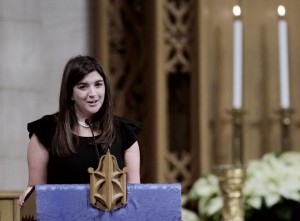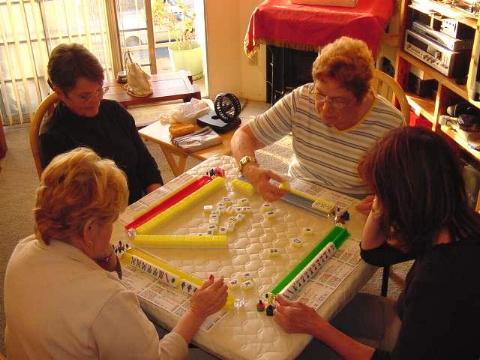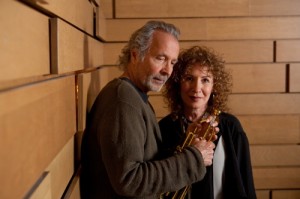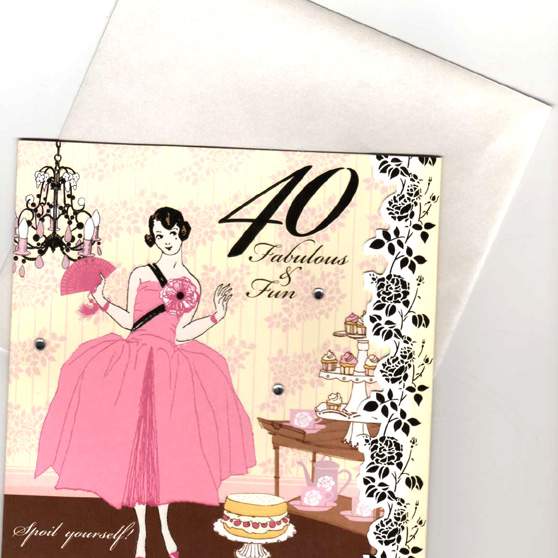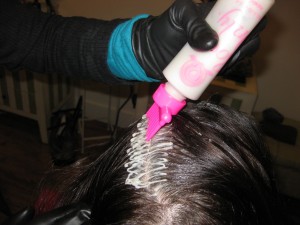Everyone has an opinion about unions, especially now that the Governor of Wisconsin is in a standoff with the government unions there.
I have a personal union experience that soured me to them. It was 1980 and the Daily News was hiring about 200 editors and writers to create a new afternoon edition. At 32, I was one of the newly hired writers. Practically from day one, there was talk about the new venture failing because the paper was in financial straits. I worked like a demon, writing nonstop to show my editors how valuable I was. They appreciated me, both for my output and attitude. I figured that if the afternoon edition folded, I could work on another section of the paper.
I had to join the writer’s guild. No choice. Meantime, many writers who had worked for the paper for decades, sat around smoking, loafing and turning out mediocre stories. (The paper was in bad shape because it had no energy or vision at the top, as well as tired, unmotivated writers and reporters.)

The old-time crew wasn’t worried about being laid off. Their tenure protected them. Only the newbies would be let go if there were cutbacks. One of the tenants of all unions is based on a principle called LIFO, which means Last In, First Out. It’s quite difficult for management to fire long-term employees, except if they commit egregious acts.
I could have been Mark Twain. When the Daily News had to cut back expenses, I was dismissed. (I also was seven months pregnant.) I was invited back to work a year later. “We thought you were so great, we hated to let you go. But we’d love you to come back now,” Terry, the editor, told me. Ironic that management had thought I was great, but the union wouldn’t/couldn’t protect me.
I was flattered, and I thought long and hard about returning, but I decided “no thanks.” The paper wasn’t in any better shape and there was nothing to prevent a repeat performance of what happened the previous year.
If a company is good to its employees, its employees will be good in return, I strongly believe. The burden of responsibility should be on both managers and employees to be the best they can. Collective bargaining doesn’t automatically mean collective intelligence.









